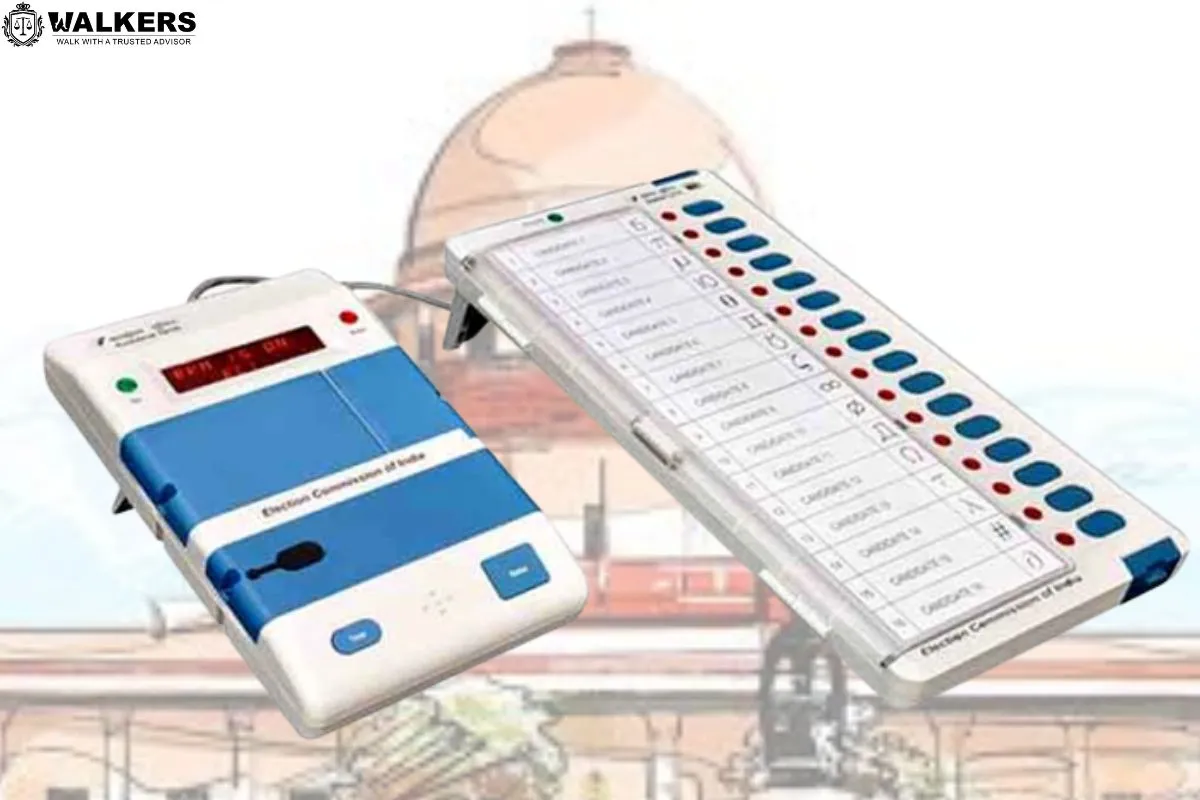


On Friday, the Supreme Court declined to entertain a Public Interest Litigation (PIL) requesting an examination of the software employed in Electronic Voting Machines (EVMs), filed by Sunil Ahya against the Election Commission of India [Sunil Ahya v. Election Commission Of India].
The central request in the PIL was for an impartial review of the source code within EVMs, with the hope of making the audit report accessible to the public.
The bench, consisting of Chief Justice of India DY Chandrachud and Justices JB Pardiwala and Manoj Misra, expressed concerns that making the source code public could expose EVMs to hacking vulnerabilities. Chief Justice Chandrachud commented, "While everything shared by the Supreme Court with the public undergoes security checks, it's not feasible to release the source code to the public due to the risk of hacking."
Furthermore, the Supreme Court stated that since this matter pertains to a policy issue, they were reluctant to interfere.
During the proceedings, the bench inquired of the petitioner, Sunil Ahya, if there was any evidence casting doubt on the integrity of EVMs. Ahya argued that the source code is the core component of EVMs, and citizens vote through a system that lacks proper scrutiny. He also mentioned making three unsuccessful representations to the Election Commission of India (ECI).
The Court acknowledged that the ECI is constitutionally authorized to conduct elections under Article 324. However, it noted that there was no concrete evidence before them indicating that the Election Commission had violated its constitutional duties.
Additionally, the Court mentioned that the petitioner had previously filed a similar plea before the 2019 general elections, but due to the impending elections, it was deemed impractical to address the matter at that time.
In 2020, the petitioner filed a PIL on the same issue and was allowed to present his case to the ECI. However, as per the petitioner's assertion, the ECI did not respond to his representations, leading him to seek redress from the Supreme Court.
TAGS: Supreme Court PIL EVM audit source code security concerns hacking susceptibility Election Commission of India policy issue constitutional mandate petitioner representations.